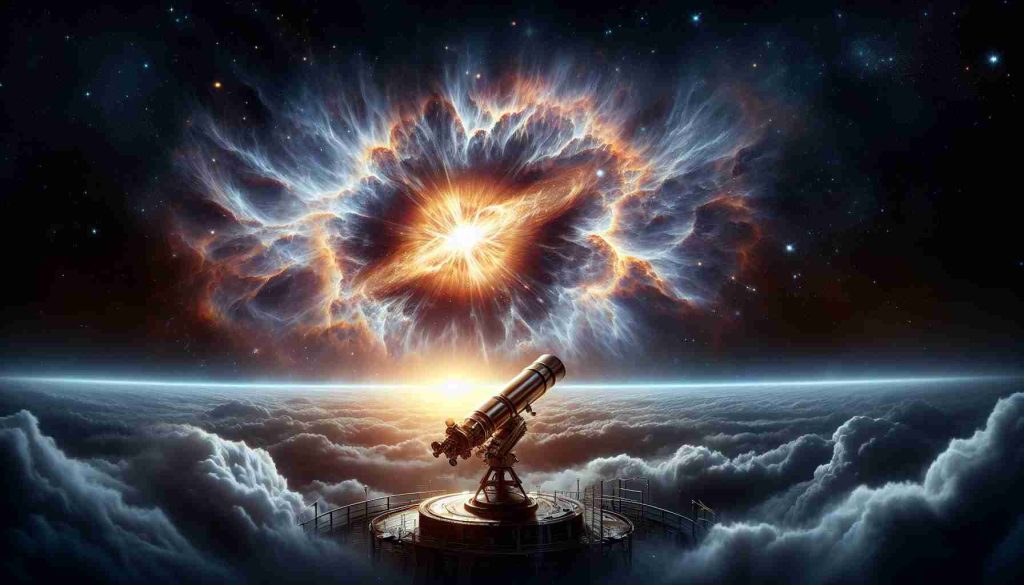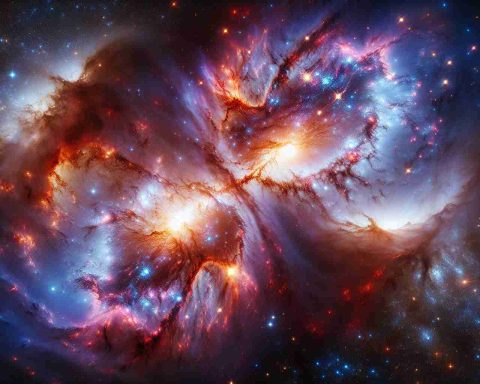Supernovae
Supernovae are powerful and luminous explosions that occur at the end of a star's life cycle. These events are significant astronomical phenomena that can outshine entire galaxies for a brief period, releasing immense amounts of energy, light, and matter into space. Supernovae can be categorized mainly into two types: Type I supernovae, which result from the thermonuclear explosion of a white dwarf in a binary star system, and Type II supernovae, which occur when a massive star exhausts its nuclear fuel, leading to core collapse. The explosion disperses elements synthesized in the star throughout the universe, contributing to the formation of new stars and planets. Supernovae play a crucial role in the chemical enrichment of the cosmos and are key to understanding stellar evolution and the dynamics of galaxies.







